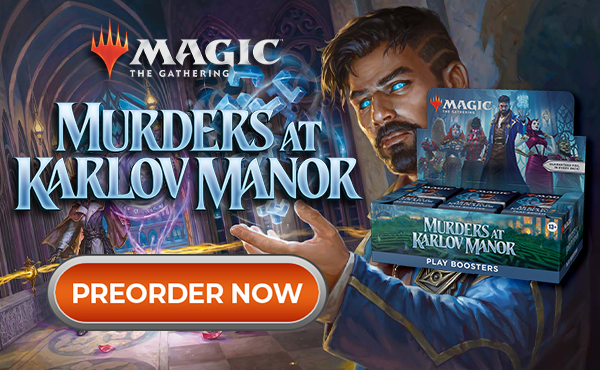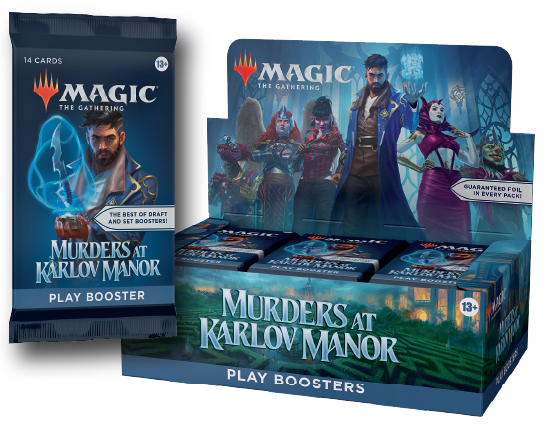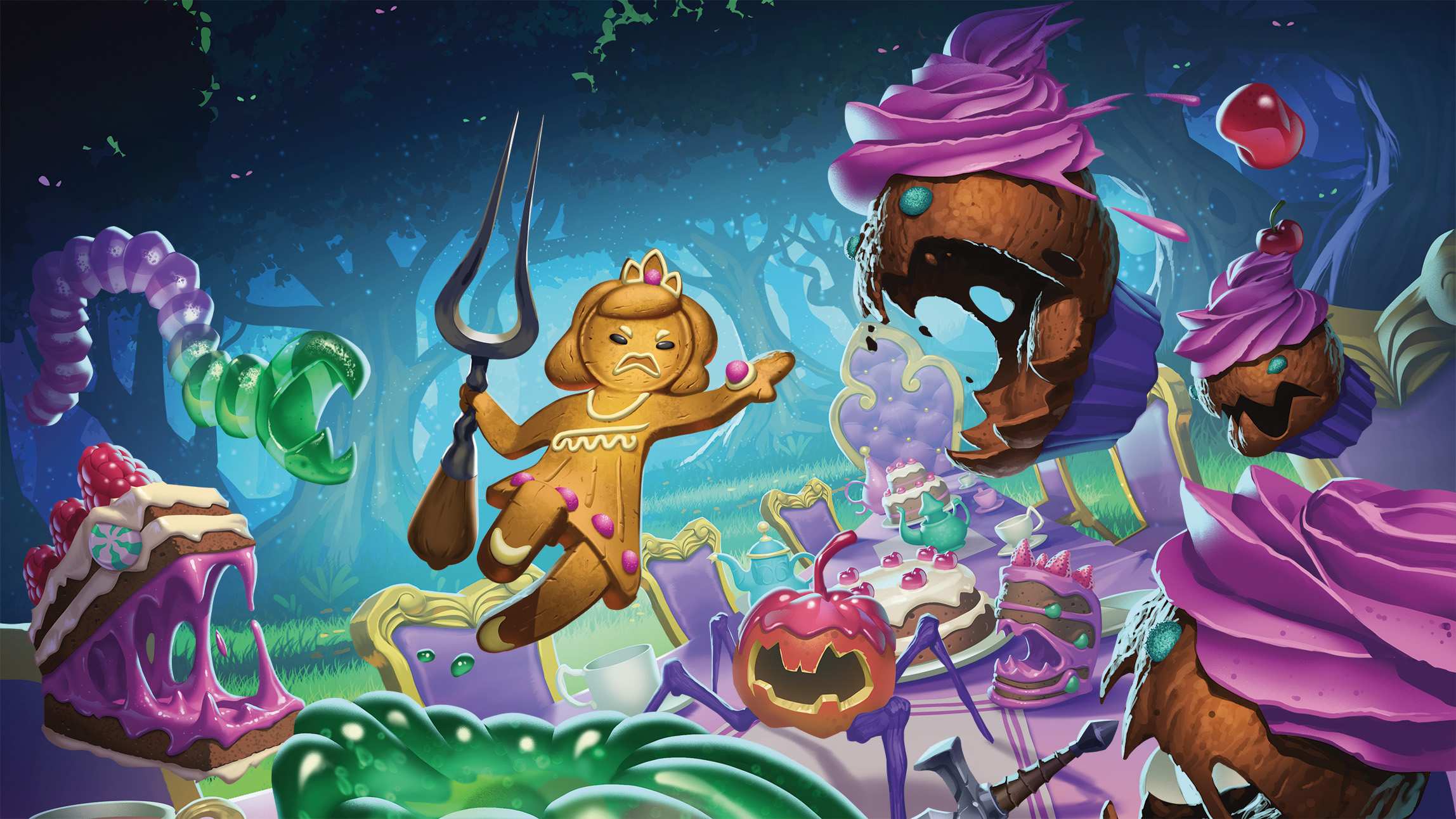Recommended Info For Selecting Magic Card Prices
Recommended Info For Selecting Magic Card Prices
Blog Article
What Exactly Are Magic: The Gathering Trading Cards?
Magic: The Gathering - MTG is a collectible card game created by Richard Garfield. The game was published by Wizards of the Coast. It was first published in 1993. Since the time, it has grown into a worldwide phenomenon.
Gameplay This game lets players assume the role as powerful wizards referred to "planeswalkers" and play with decks that contain cards representing magical creatures, spells and artifacts, and more, to defeat their adversaries.
Cards- There are many different types of cards. They include artifacts, creatures (enchantments) spells, planeswalkers and lands. Each has their own properties and effects.
Deck Building- Players build their decks by using a minimum of 60 cards. Decks can include multiple colors of mana (the game's legendary resource).
Game Goals. The players' goal is to decrease the life total of their opponent to zero from 20, by summoning creature by casting spells, or making use of their cards in a strategic manner.
Trading Cards-
Collectorship – MTG cards are collectible. With different rarities in terms of artwork and capabilities certain cards are sought-after by collectors and gamers.
Expansions and Sets - The game introduces new expansions and sets every so often, adding new mechanics, cards and themes to the game.
Value and Market- Certain cards, especially the rare or powerful ones could have significant value on the secondary market where players purchase, sell, and trade cards.
Formats and Playstyles-
Standard- The most recent set of cards and a pool that rotates.
Modern, Legacy, Vintage - Cards from older sets are able to be tailored to different strategies and preferences.
Limited Formats: Sealed and Draft formats in which players create decks using a small amount of cards, bringing in the element of randomness as well as strategy.
Community and Competitions
Local and Global Community Players gather at game stores as well as at conventions, tournaments and stores to trade, play and meet up.
Competitive Play - Tournaments are organized and include huge prize pools, championships and professional contests.
Cultural Impact
The MTG fan base is extremely loyal and has had an impact on other media like novels, video games comics, comics, and even content on the internet.
Overall, Magic: The Gathering is a strategic and complex card game that incorporates elements of skill, luck and deck-building strategies providing a variety of gaming experiences for players at all levels. View the top rated places that buy magic cards for more recommendations including magic cards collection, magic tournaments, magic trading cards value, sets in mtg, magic decks, magic card type, magic videogame, magic the gathering card lot, magic market, magic the gathering cards prices and more.
What Is The Magic The Magic: The Gathering Spell Cards Employed For? What Are The Advantages And Disadvantages Of Magic: The Gathering Spell Cards?
Magic: The Gathering spell cards are diverse, offering various abilities and effects. Magic: The Gathering enchantments, magic and instants are only a few of the kinds. Below is a list of the pros and cons.
Flexibility. Spells come with a wide range of effects. Some of them can damage characters or creatures and drawing cards to demolish other spells or permanents, or even granting buffs. The flexibility of spells lets players adjust to various situations.
Immediate Impact - Some cards, particularly instants, are able to be played anytime, including the opponent's next turn. This can trigger an opponent to change their game plan or stop a player from losing his creatures.
Powerful effects Spells can be used to change the state of the board drastically. They may even allow players to win on their own.
Synergies- Spells can complement other cards of a player's deck, resulting in synergistic interactions which enhance the overall strategy or theme of the deck.
Cons-
Resource Dependence: Spells need mana to be cast and some powerful ones can take a considerable amount of mana. It is often difficult to cast them in the early stages of the game. This slows down the players' strategies.
Vulnerability - Like creatures, spells could be blocked or removed by your opponent, if they employ countermagic or cards that target spells.
Limitation of Use - Certain spells have specific uses, which makes them less effective or useless for certain matchups or game states.
Card Advantage: Some spells are countered if fail to have the intended effect or are blocked. It can be a disadvantage for a player to invest several cards on one spell only to see it removed by the opponent.
Overall, spells influence the game. They can be utilized to accomplish a range of various outcomes and strategies. Their effectiveness is contingent on their timing as well synergy and other cards. Incorporating a mix of powerful and flexible spells into the deck is usually vital to success when playing Magic: The Gathering. Take a look at the recommended articles magic for website tips including magic the gathering how to, magic the gathering buy, magic the gathering cards value, mtg value, magic the gathering buy, mtg the gathering, best magic the gathering, magic the gathering how to, magic the gathering cards prices, mtg card value and more.
What Are Magic: The Gathering Land Cards Used For? What Are The Advantages?
Magic: The Gathering lands are the most crucial cards, because they supply mana, the essential resource required for casting spells, as well as deploy additional Magic: The Gathering Cards. Here are the advantages and disadvantages of land cards.
Mana Generation Land cards provide the majority of the mana required to play. Land cards are used by players to create mana. The mana is then used to cast spells, summon creature and activate various abilities.
Stability- Once they've been played, land cards typically remain on the battlefield and continue to supply mana every turn, providing the availability of mana for playing spells.
Different kinds of land produce various shades of mana. They allow players access to certain colors for casting spells corresponding to the colors of their deck.
Some Cards Offer Additional Abilities Some cards offer additional abilities that go beyond simply generating mana. This includes drawing cards, increasing life, and triggering other effects.
Cons-
Limited Functionality - As opposed to other types of cards, land cards are used to produce mana. They do not have any direct effect on the game, other than the production of mana.
The vulnerability of Destruction: Certain spells or effects may target specific areas. This may cause players to lose mana resources, or affecting the ability to cast spells.
Limit to only one card per turn Players usually can play only one land per turn. This limits how much mana they can generate during a specific turn.
Opening Hand Balance - Drawing too little or many lands can affect the player's ability to cast spells, or develop their strategies in a way.
The land cards form the heart of any Magic: The Gathering collection, providing mana that is needed to cast spells or play the game. Their continual presence is crucial to executing strategies and using powerful cards. In terms of deck design and strategy, however, it's important to take into account their limited capabilities beyond mana-generation as well as their vulnerability to a variety of effects. Follow the most popular sell magic the gathering collection for site recommendations including magic mtg cards, magic the gathering buy, magic tcg decks, mtg collection, magic videogame, buy mtg, highest priced magic the gathering cards, sell cards, magic the gathering finance, magic market and more. 